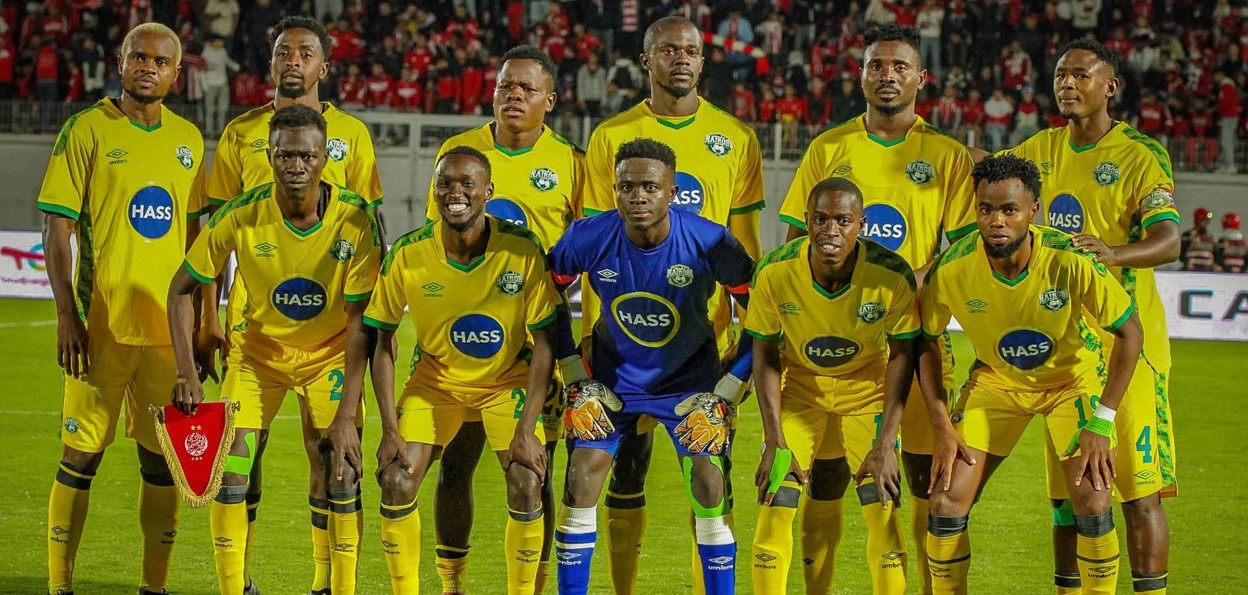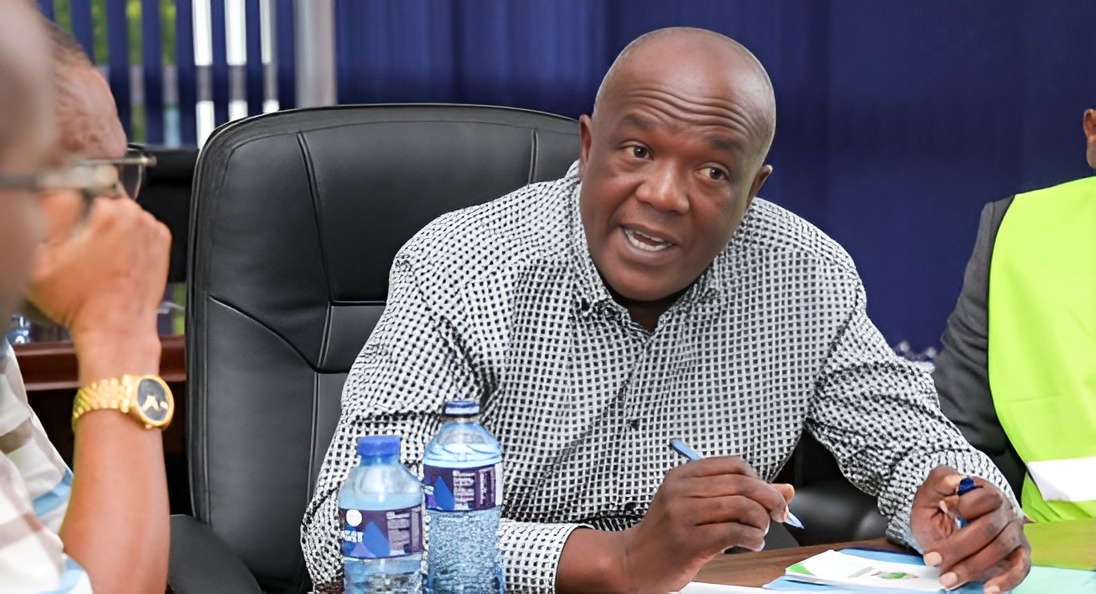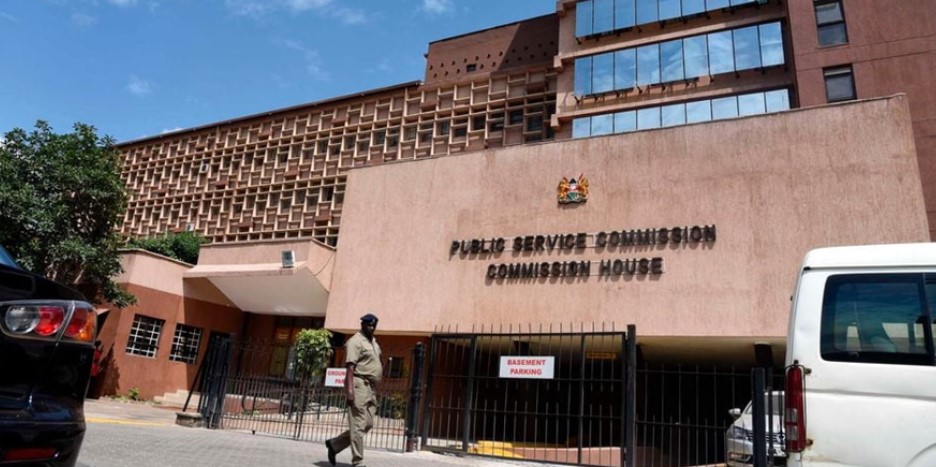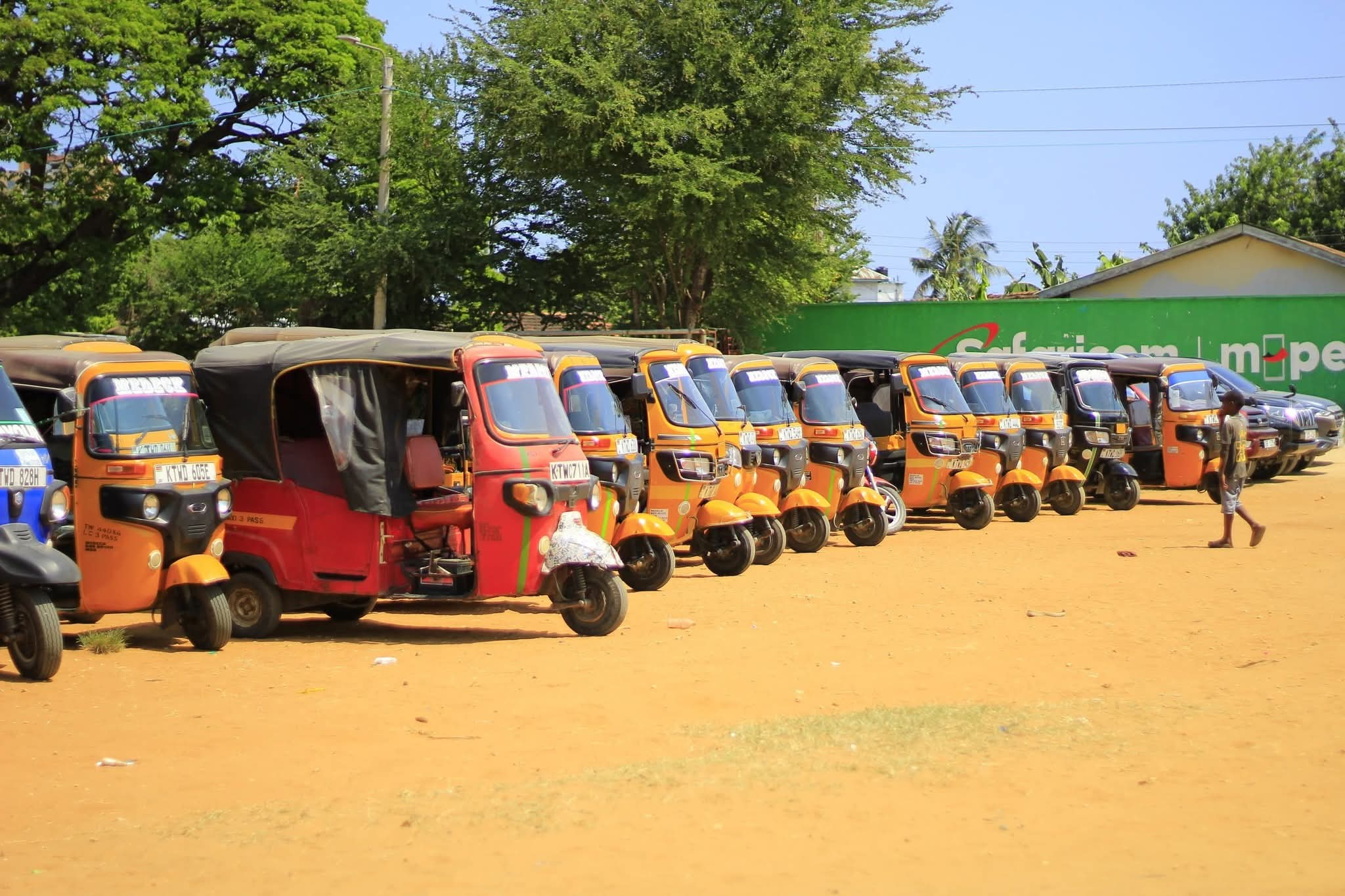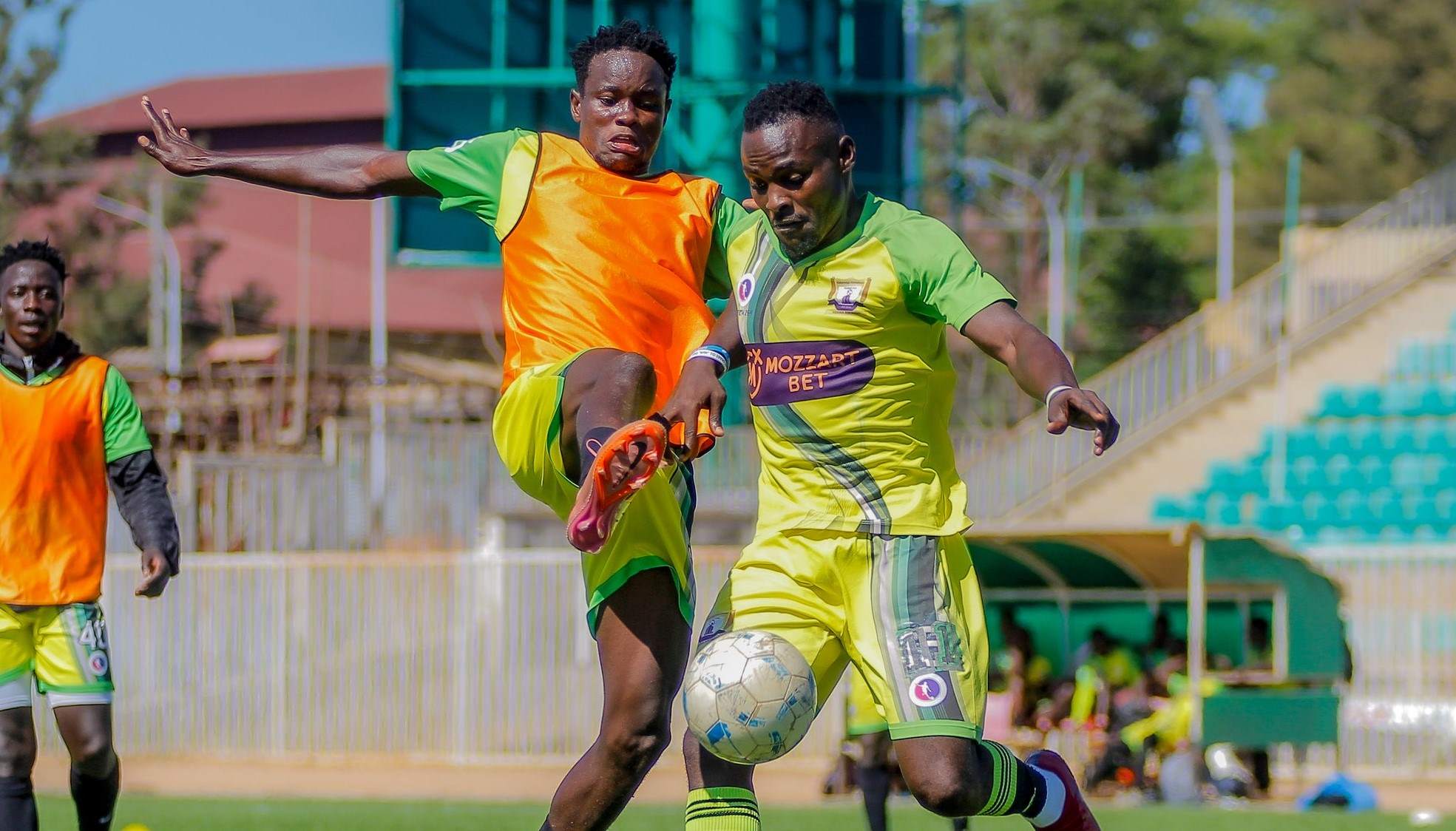UNICEF calls for increased education funding as world marks Day of the African Child
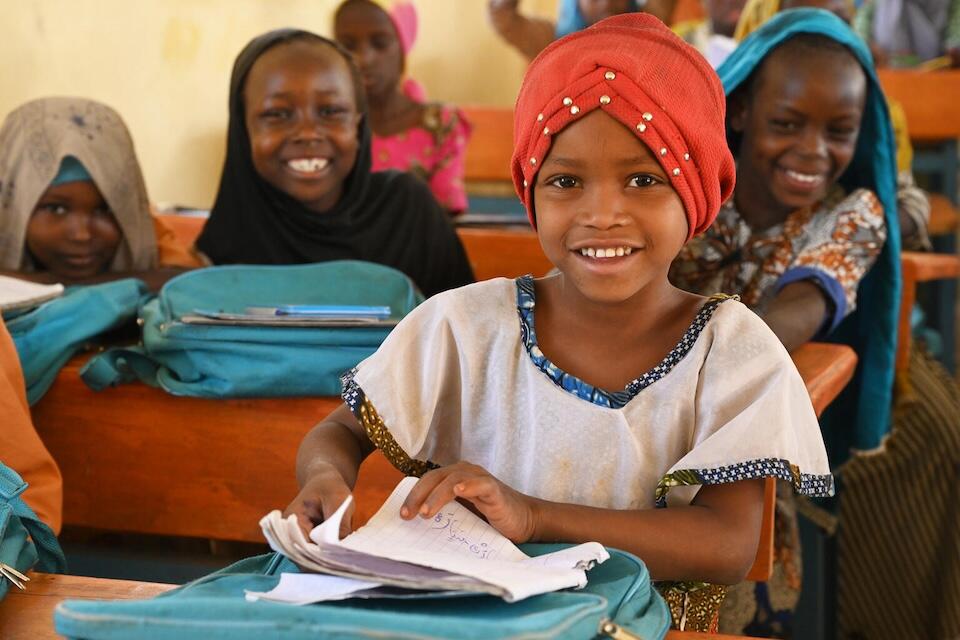
UNICEF says most African countries are not meeting the recommended 20 per cent budget allocation for education as outlined in the Sustainable Development Goals.
As the world observes the International Day of the African Child on June 16, 2024, the United Nations Children's Fund (UNICEF) has voiced concerns over the insufficient education funding in most African countries.
With this year’s theme being, "Education for all children in Africa: the time is now," UNICEF says most African countries are not meeting the recommended 20 per cent budget allocation for education, as outlined in the Sustainable Development Goals.
More To Read
- 2025 KCSE concludes smoothly as government reports sharp decline in exam cheating cases
- Tension mounts as school heads, teachers’ union reject new TSC leadership structure
- 78 people arrested over exam malpractice as KCSE enters final stretch
- TSC calls on teachers to embrace professional development for CBE curriculum
- How AI is reshaping education across Africa
- Kenyan school wins global education award in Dubai
The organisation has underscored the critical need to address this funding gap, revealing that African governments allocate merely 2 per cent of their education budgets to pre-primary education, while tertiary education receives 20 per cent.
Alarmingly, 13 out of 40 countries with available data invest nothing in pre-primary education.
Additionally, less than one in five African countries allocate 20 per cent or more of their public spending to education.
“Nine out of 49 African countries (less than one in five) dedicate 20 per cent or more of their public spending to education, whilst 24 commit at least 15 per cent, and six countries direct less than 10 per cent,” UNICEF said in its report.
It adds that low learning outcomes are a significant concern, with four out of five African children aged 10 unable to read and understand a simple story.
Foundational skills
While financing has been highlighted as a major issue across Africa, the agency reiterated that millions of children are unable to acquire the foundational skills needed for them and their countries to thrive in the future.
Education is power ✊🏾.
— UNHCR KENYA (@UNHCR_Kenya) June 16, 2024
Education is a right ✅
Education is opportunity 🚪
Happy International Day of the African Child 🌍 👫🏾 pic.twitter.com/Wvj0s72jxb
UNICEF Regional Director for Eastern and Southern Africa, Etleva Kadilli, stressed the necessity of turning commitments into action noting that education funding is failing many children.
“Children have the right to quality education, but education systems are failing far too many of them. To ensure prosperity in Africa we urgently need to see a continental revolution where commitments are turned into concrete action so children can attain the vital foundational skills necessary for them to progress to higher forms of education and realize their full potential,” Kadilli said.
While emphasizing the matter, UNICEF Regional Director for West and Central Africa Gilles Fagninou said one of the most impactful and cost-effective ways to achieve this is to increase public investment in the early years, as studies confirm that pre-primary investments are among the most powerful governments can support.
“Over 100 million primary- and secondary-school-age children are out of school in Africa. Every child should get the support they need – in learning, building relevant skills, and accessing work and other opportunities – to meet their full potential and to contribute to building an inclusive, productive and peaceful continent. Making such progress requires investing in human capital and advancing accessible, inclusive, affordable and relevant learning opportunities for all African children and young people,” Fagninou said.
“It is important for leaders, decision-makers and communities themselves to focus on building resilient and inclusive education systems at every level that can effectively support the continuity of learning, even in emergencies and especially for the most vulnerable learners. The continent and its children cannot afford any further learning loss,” UNICEF Regional Director for the Middle East and North Africa Adele Khodr added.
The organisation has estimated that $183 billion is required annually to meet the education-related Sustainable Development Goals, yet available resources amount to only $106 billion, creating a financing gap of over 40 per cent.
UNICEF has stressed the urgent need for increased investment to accommodate a growing school-aged population, projected to reach 1 billion by 2050.
"The need for investment will only escalate to meet the requirements of a fast-growing, school-aged population. Without urgent attention, the huge lack of financing for education will be catastrophic for a generation of students and the future economic growth and stability of the region,” it said.
Before you go, how about joining our vibrant TikTok and YouTube communities for exciting video stories?
Top Stories Today

